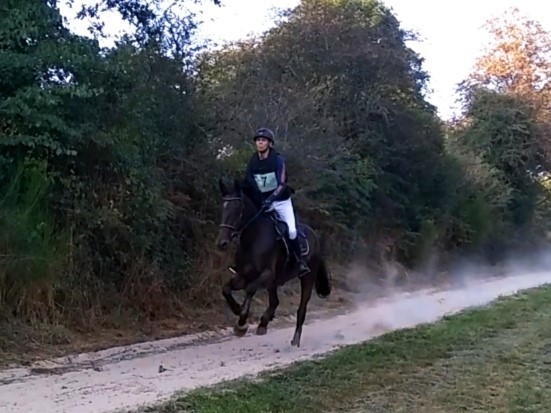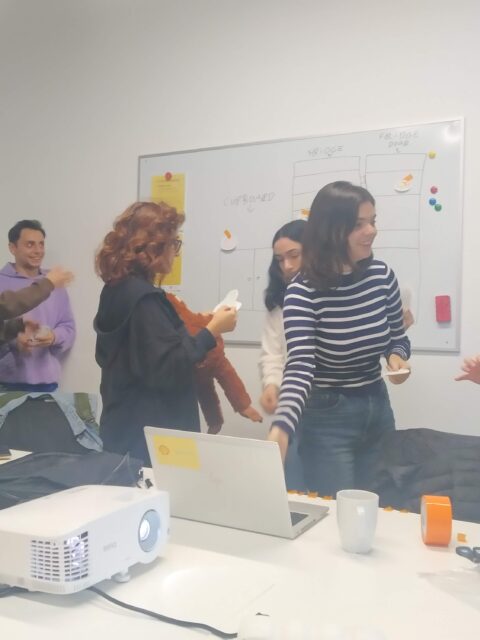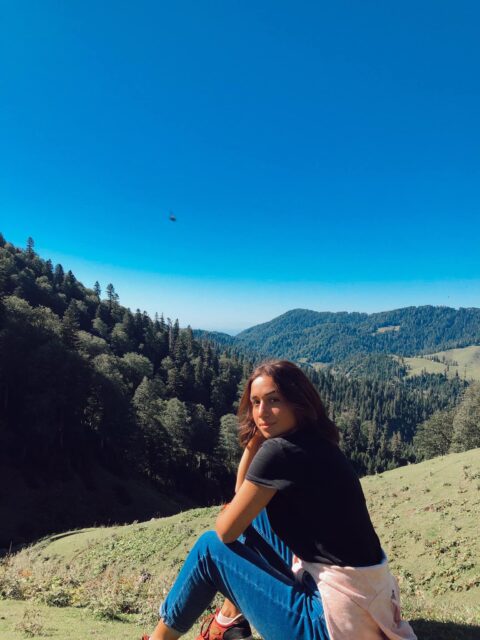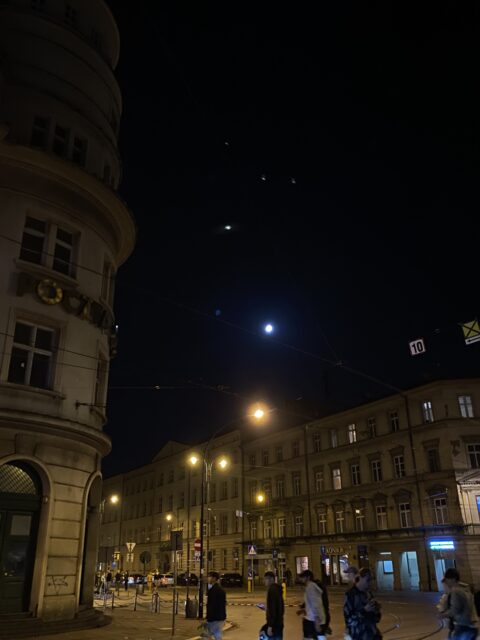 Nowadays there’re lots of possibilities to discover Europe by participating in different types of projects and initiatives.
Nowadays there’re lots of possibilities to discover Europe by participating in different types of projects and initiatives.
European Solidarity Corps is an EU mobility which was created in order to improve people’s competencies thanks to informal education. It gives a chance to young people age from 18 to 30 years old to acquire new experience, live in a new country and look at life from a different perspective.
The projects can vary depending on their type. Participants can volunteer on the topics of education, social inclusion, environment, culture, refugee crisis, etc. Volunteering usually lasts between 2 and 12 months and lets young people engage in the daily work of the organization of their choice. The costs of accommodation and food are covered. Also, participants receive a small allowance for personal expenses. Thus, it is possible to acquire new experiences with a small budget.
I decided to change the environment I live in and engage myself in the ESC mobility project for a couple of reasons. After finishing my studies, I worked in a corporation in Krakow in Poland and then in a small company in Lviv, Ukraine. I did my bachelor’s studies in the field of international relations and my master’s in Economics. After finishing my university and working for almost a year at a couple of companies I still wasn’t sure if I am on the right path. I realized that working in corporations is something distinct from what I expected, so, I decided to look for the possibilities to volunteer abroad and refresh my thoughts about career, studies and work. Before, I have volunteered at similar short-term projects in Brazil, Morocco and Italy and know that this kind of change gives a lot of impressions and inspiration. This time, the mobility lasts 10 months and I have a possibility to immerse myself in the society I live in more deeply and get involved in the project at a different level.
The school I volunteer in is called “MFR Bournezeau”. It’s a type of educational establishment (half lycée and half collège) where students make an apprenticeship in horse riding and grooming. After finishing the studies and passing the “bac” in “MFR Bournezeau” the students either continue to study at school or start working with horses on a professional basis. People here are in love with horses! You can notice it everywhere: from the photos on the corridor walls and horse’s grooming journals to the big statue of a horse at the main entrance. If you ask the students what their favorite kind of sport is, they will certainly respond “horse riding”.
One of the days I was able to go on a horse competition with students, Marilyn and Jean-Philipe, the teachers from the school. While my role was rather observative, the students had important tasks to fulfill. The competition was composed of three rounds (tests): dressage, jumping and cross-country riding. As far as I have never been to horse competitions before, it was quite entertaining to me to find out the way it works, and, Marilyn, as well as Jean-Philipe, had kindly agreed to explain the specifics.
So, I found out that during the dressage the riders had to perform a series of figures memorized in advance, in front of judges. What comes to jumping, it was held over a raw of double, triple or other combination of obstacles, including many changes of direction, in a timely manner. Cross-country riding includes overcoming lots of obstacles to measure speed, endurance and jumping ability of a horse as well as the rider’s knowledge of pace and the use of the horse across the territory. It’s where the students had tasks to fulfill.
A couple of students had to stand near each of the obstacles to observe a rider and report by talkie walkie whether the riders had successfully jumped over an obstacle or not. Even though it may seem like an easy task, it was quite demanding to stand in the heat all day long and pay attention to more than 100 participants. The students did their job well and by the end of the day, they were totally exhausted. Nevertheless, they learned the way horse trials are organized and were able to join the competition from the inside perspective. I believe that this kind of education brings them lots of benefits and that they enjoyed it too. What comes to my side, I found out that organizing a horse competition is not an easy task to do. It’s very educative that European Solidarity Corps projects open a gate to informal learning that allows discovering things we never expect to see in our everyday life.
 After finishing my European Solidarity Corps experience in France, I plan to do my second master’s degree in International relations and start working in NGOs. Those are usually non-governmental and non-profit organizations aimed at overcoming different barriers on the way to sustainable development and growth. NGOs enable citizens to work on specific complex topics and thereby contribute to certain society development. The types of NGO’s are different: from the big ones like UNICEF, UN, and UNESCO that take care of global international problems to the small ones, like “Maison des Citoyens du Monde” in La Roche-sur-Yon, which promotes citizenship, participation and help expats to integrate at a local level.
After finishing my European Solidarity Corps experience in France, I plan to do my second master’s degree in International relations and start working in NGOs. Those are usually non-governmental and non-profit organizations aimed at overcoming different barriers on the way to sustainable development and growth. NGOs enable citizens to work on specific complex topics and thereby contribute to certain society development. The types of NGO’s are different: from the big ones like UNICEF, UN, and UNESCO that take care of global international problems to the small ones, like “Maison des Citoyens du Monde” in La Roche-sur-Yon, which promotes citizenship, participation and help expats to integrate at a local level.
As many people of my age, I don’t know what my life is going to be like in 10, 5 or even 2 years. The contemporary conditions are quite unexpected and sometimes it’s impossible to plan or predict anything. Nevertheless, I would like to participate in as many different programs as possible, take my second master’s degree and come back to Lviv, Ukraine. Of course, my plans may change as life is full of surprises, but at the moment, I’m glad about being able to benefit from the project I am on. Acquiring new competencies and skills, exploring a new country and meeting interesting people is something I decided to change my comfort zone for. I Hope, my project will go well, and I will be able to integrate with students more and more. 🙂
Oksana Zokhniuk, 23 y.o, Ukraine





Comments by admin